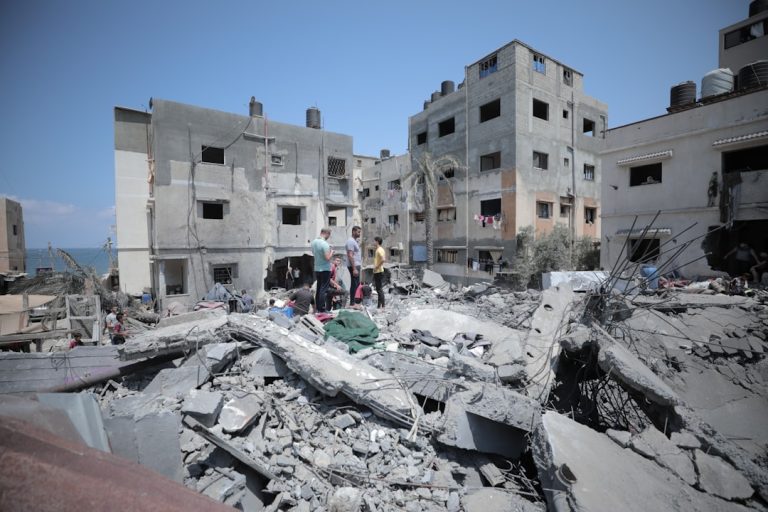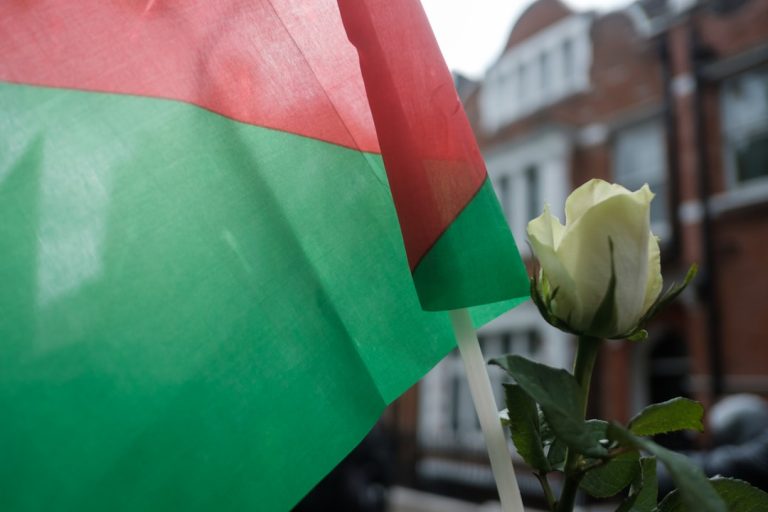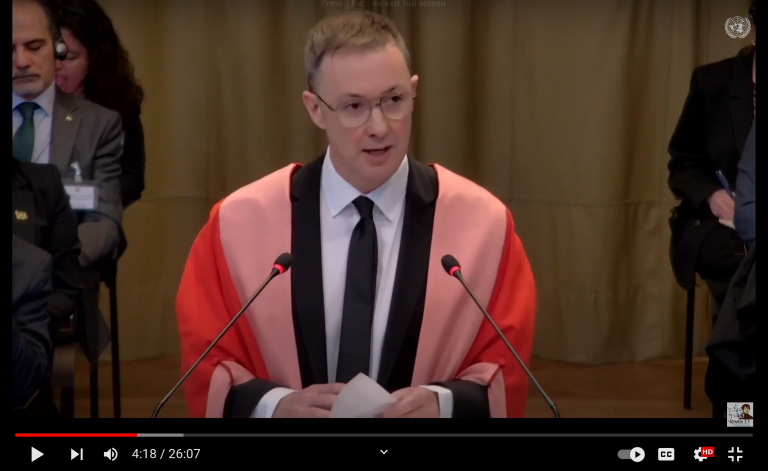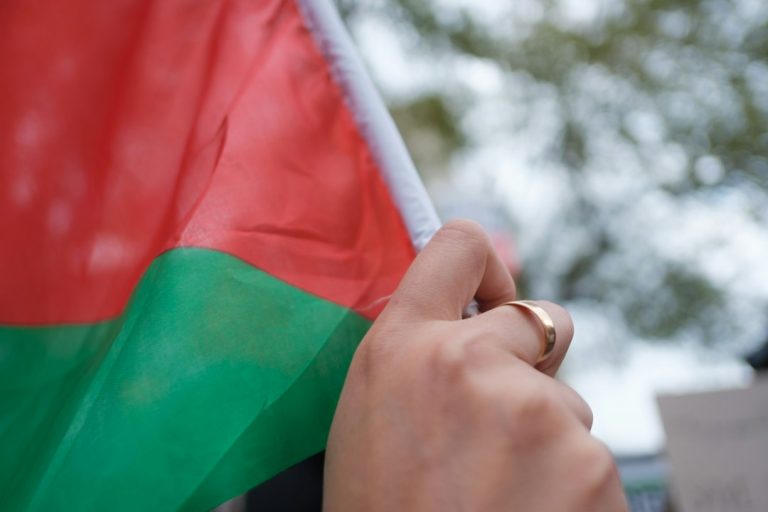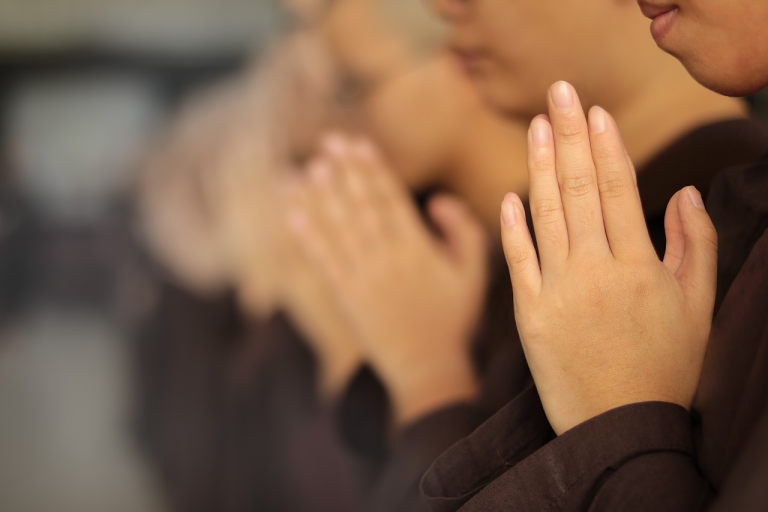
Sabeel Wave of Prayer
18 March 2024 Last week, Prime minister Netanyahu announced that the military plan for a ground invasion of Rafah, where about 1.4 million Palestinians are sheltering, has been approved. The UN and several countries that have supported Israel uncritically since October 7th have warned Israel against this plan. The majority of people in Rafah are displaced Gazans who have been living through hellish circumstances. □ God of the oppressed, give us sight which recognizes that although structures, governments, and empires have powers to kill, starve, ethnically


